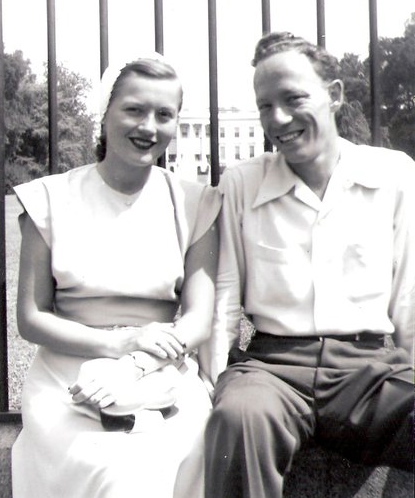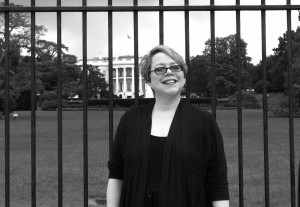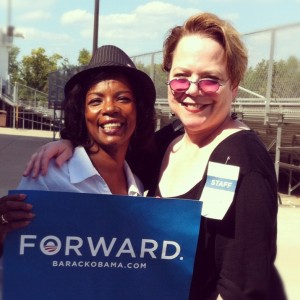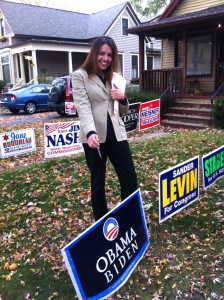Activism in action
After working on a couple of campaigns where I was deep in the trenches — knocking on doors, making phone calls and spending time in the field — much of my activism lately has been focused on educating and engaging people through the words I write. So it’s been a pleasure to jump back into hands-on activism, volunteering with Lady Parts Justice Michigan to help put together V to Shining V Detroit 2015 on September 26. Being part of a community of activists inspires and energizes me, taking the work I do in new and dynamic directions.
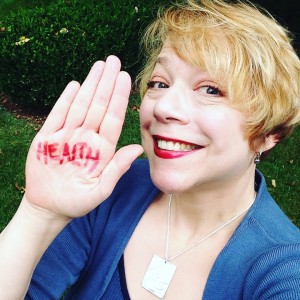 This marks the second year that Lady Parts Justice has encouraged activists across the country to get involved in this national celebration of women, an event geared toward making sure the public is aware of the most vital issues facing women in their state before the next election in November.
This marks the second year that Lady Parts Justice has encouraged activists across the country to get involved in this national celebration of women, an event geared toward making sure the public is aware of the most vital issues facing women in their state before the next election in November.
Lady Parts Justice is, first and foremost, about pushing back against the regressive laws that are eroding reproductive access in the U.S. But it’s about so much more.
It’s about making sure women can get every healthcare service they need. It’s about elevating the voices of women — all women — in the ongoing pursuit of full equality. It’s about staying united in the vital mission of protecting women’s rights. It’s about having some fun while we make some noise and make some change for the good of women everywhere.
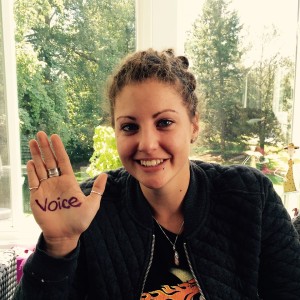 Equally important, it’s about community. It’s about building communities of women and their allies, communities that not only put together one heck of a good event once a year, but who continue collaborating as activists all year long — raising awareness of the laws in our state that are deeply harmful to women.
Equally important, it’s about community. It’s about building communities of women and their allies, communities that not only put together one heck of a good event once a year, but who continue collaborating as activists all year long — raising awareness of the laws in our state that are deeply harmful to women.
It’s hard to believe that in 2015, women still don’t have equal pay or unquestioned bodily autonomy. It’s hard to believe, but it’s true. Sexism and discrimination and gender inequality are everywhere, no matter whether you’re gay or straight, cis or trans, white or black. It’s everywhere and it can be disheartening.
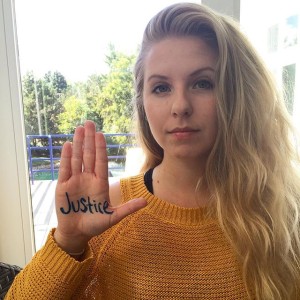 But what Lady Parts Justice and our united efforts remind us of is the fact that we still have a voice. We, as women and men and citizens, still have the power to drive change. There’s no one “right” way to do activism. For some, it’s writing a letter to the editor or sending a donation. For others, it’s about tweeting and posting on social media. For many, it’s about volunteering their time and energy, whether it’s performing at an event or baking cookies to raise some extra funds.
But what Lady Parts Justice and our united efforts remind us of is the fact that we still have a voice. We, as women and men and citizens, still have the power to drive change. There’s no one “right” way to do activism. For some, it’s writing a letter to the editor or sending a donation. For others, it’s about tweeting and posting on social media. For many, it’s about volunteering their time and energy, whether it’s performing at an event or baking cookies to raise some extra funds.
As a writer, one of the ways I think I can best drive change is by creating content that informs people and motivates them to take action. Along with a team of volunteers, I did that as the lead media volunteer for our event this year. But that’s not all. I joined my fellow volunteers at all-team meetings to brainstorm and plan for the event over the last few months.
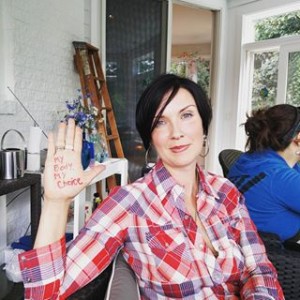 In Michigan, more than 25 volunteers raised their hands to help in some way to make V to Shining V Detroit 2015 possible. Every time I gathered with my sisters and brothers, I felt inspired and heartened by their energy and determination to make a difference.
In Michigan, more than 25 volunteers raised their hands to help in some way to make V to Shining V Detroit 2015 possible. Every time I gathered with my sisters and brothers, I felt inspired and heartened by their energy and determination to make a difference.
I’m so very proud to be part of the Lady Parts Justice Michigan community — an incredible group of women and men who are willing to share their time and talent to stand up for the most important issues facing women in our state and across the country. Even after V to Shining V 2015 is over, this community will continue to support each other and make good things happen.
I can’t wait to see what we do next.

